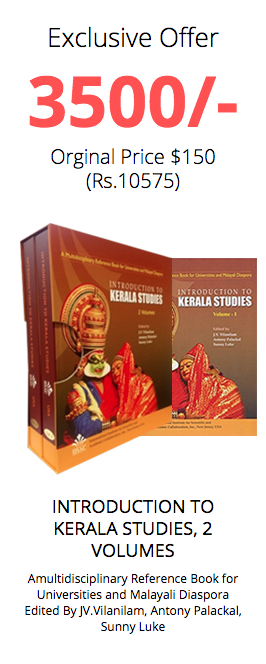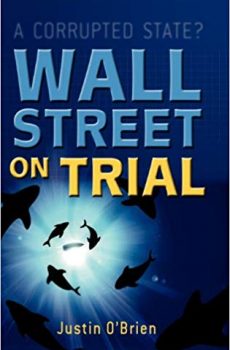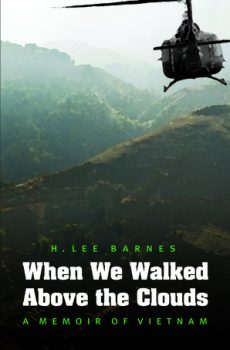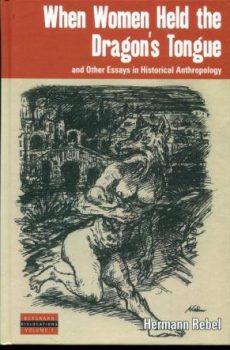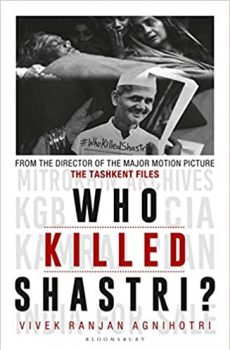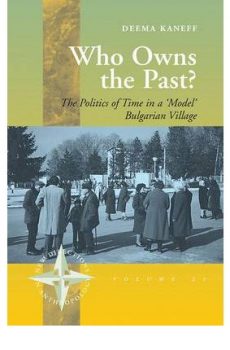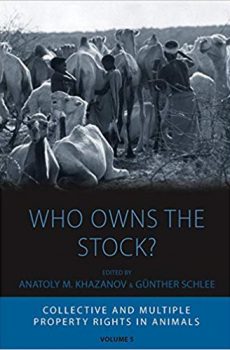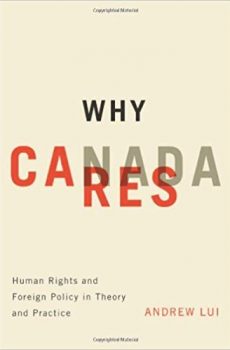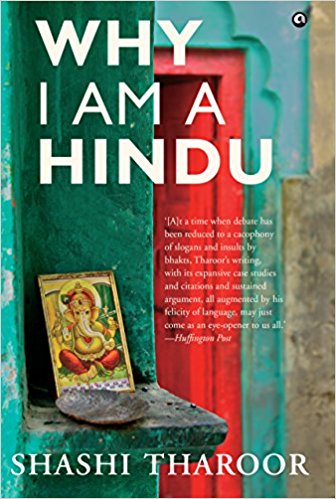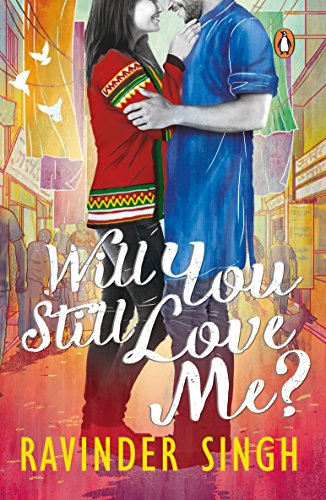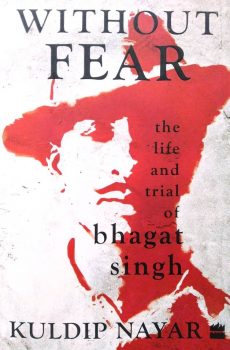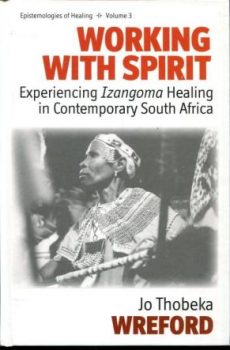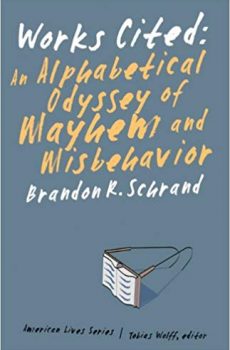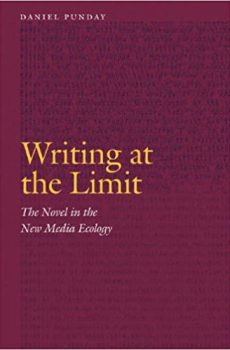There is the mythology of the Green Berets, of their clandestine, special operations as celebrated in story and song. And then there is the reality of one soldier’s experience, the day-to-day loss and drudgery of a Green Beret such as H. Lee Barnes, whose story conveys the daily grind and quiet desperation behind polished-for-public-consumption accounts of military heroics. In When We Walked Above the Clouds, Barnes tells what it was like to be a Green Beret, first in the Dominican Republic during the civil war of 1965, and then at A-107, Tra Bong, Vietnam. There, he eventually came to serve as the advisor to a Combat Recon Platoon, which consisted chiefly of Montagnard irregulars. Though “nothing extraordinary,” as Barnes saw it, his months of simply doing what the mission demanded make for sobering reading: the mundane business of killing rats, cleaning guns, and building bunkers renders the intensity of patrols and attacks all the more harrowing.
More than anything, Barnes’s story is one of loss—of morale lost to alcoholism, teammates lost to friendly fire, missions aborted, and missions endlessly and futilely repeated. As the story advances, so does the attrition—teammates transferred, innocence cast off, confidence in leadership whittled away. And yet, against this dark background, Barnes still manages to honor the quiet professionals whose service, overshadowed by the outsized story of Vietnam, nonetheless carried the day.

